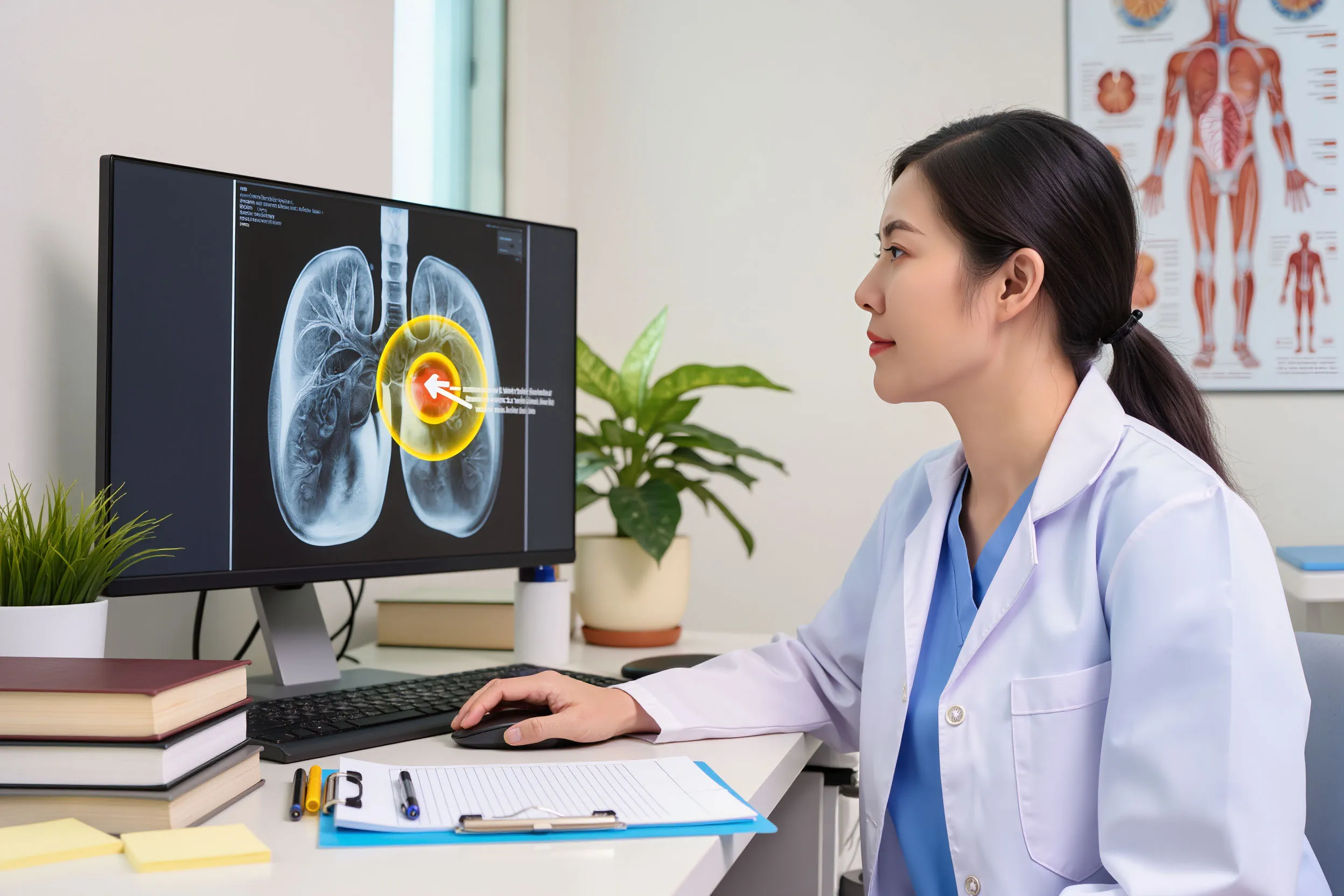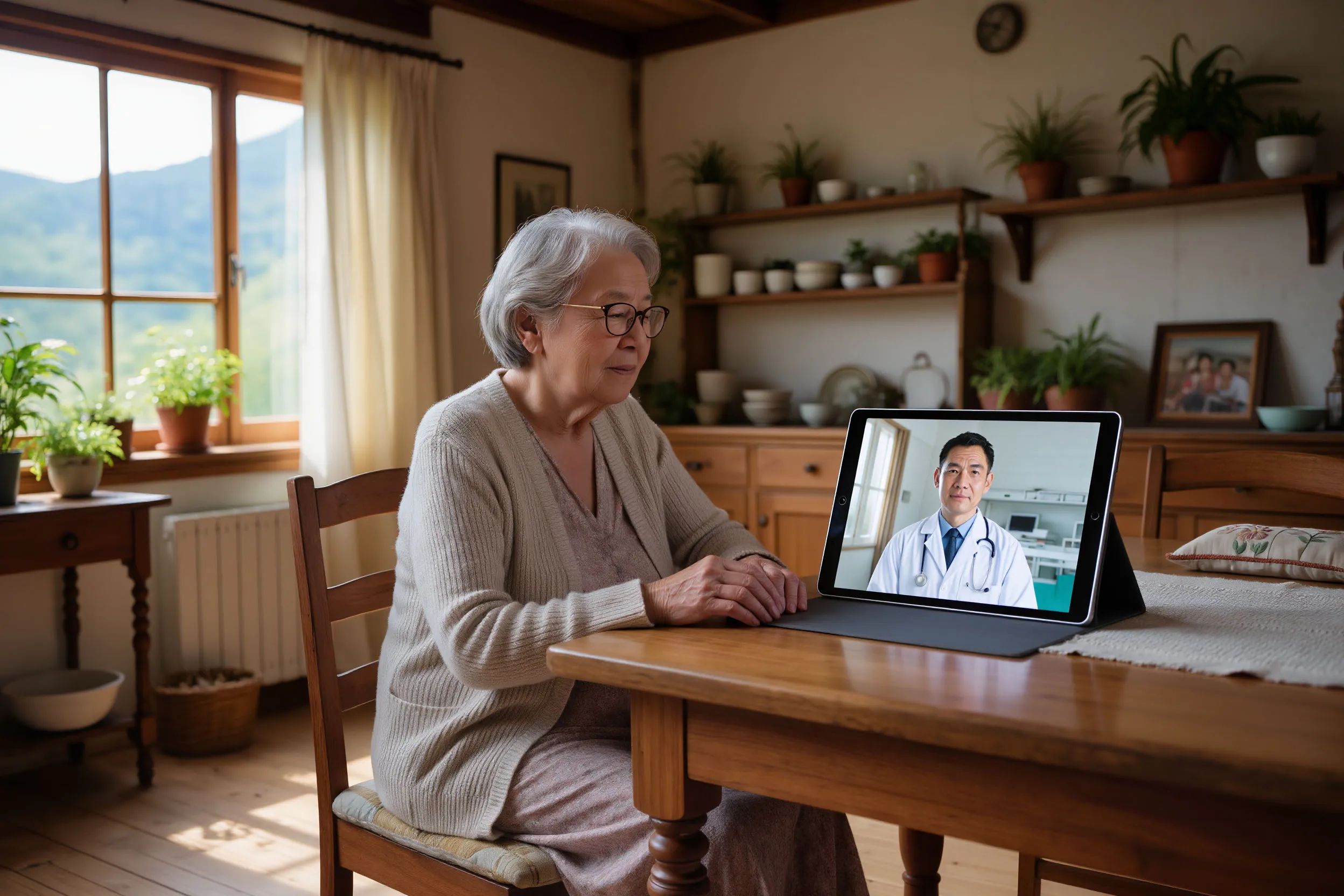Consultation in Your Pocket: How GigaChat Med Supports Physicians in Remote Regions
GigaChat Med, a specialized medical version of Sber’s large language model, is designed to help close the gap in healthcare quality between major urban centers and remote regions across Russia.

Not Just a Bot
GigaChat Med is more than a conversational assistant. It is a clinically oriented algorithm trained on evidence‑based guidelines, peer‑reviewed research, and anonymized diagnostic and treatment data. Its knowledge base was shaped with input from leading specialists at top federal medical centers in Moscow and St. Petersburg.
This allows a physician working in a district hospital or community clinic to instantly obtain diagnostic hypotheses, current therapy protocols, and modern treatment approaches—even when facing rare or complex cases.

Developers emphasize that the system does not replace physicians or make decisions. Instead, it acts as an intelligent aide capable of processing vast amounts of data and offering structured insights to support clinical decision‑making. This helps mitigate the long‑standing barrier of geographic isolation that once dictated the quality of local care.
Context and Significance
The new platform is a natural continuation of Russia’s broader digital transformation in healthcare. Over the past five years, the Ministry of Health has piloted major initiatives, including remote monitoring programs for hypertension and AI-powered medical imaging tools that assist radiologists and pathologists.
GigaChat Med advances this shift by adding a semantic layer: it analyzes meaning embedded in patient complaints, case histories, and examination notes, rather than numerical sensor data or images alone.
Potential and Outlook
For citizens, the system offers faster and more accurate diagnostics without the need to travel long distances for specialist consultations. This is particularly valuable for chronic and rare disease patients, seniors, and children.
For the healthcare system, the model helps optimize resource use by reducing costly interregional referrals and patient transfers. Physicians in rural and regional areas gain continuous access to updated knowledge—effectively turning routine practice into ongoing professional development.

Maturing Technologies
The emergence of such advanced systems highlights the maturity of Russia’s IT sector. The next one to two years will be dedicated to pilot testing and refinement across real clinical settings. In three to five years, deeper integration with electronic health records and hospital information systems is expected, paving the way for predictive analytics and digital patient twins.
The project also carries strong export potential. Countries across the CIS, Asia, Africa, and Latin America face the same challenges around equitable access to high‑quality medical expertise. A successful Russian rollout could make this approach attractive internationally.

Digital Tools Protecting Health
GigaChat Med illustrates how digital technologies are evolving from simple automation tools into intelligent solutions that meaningfully improve people’s lives.
It shows a shift from process digitalization to true clinical decision enhancement—an important step toward more resilient and patient‑centered healthcare systems.










































